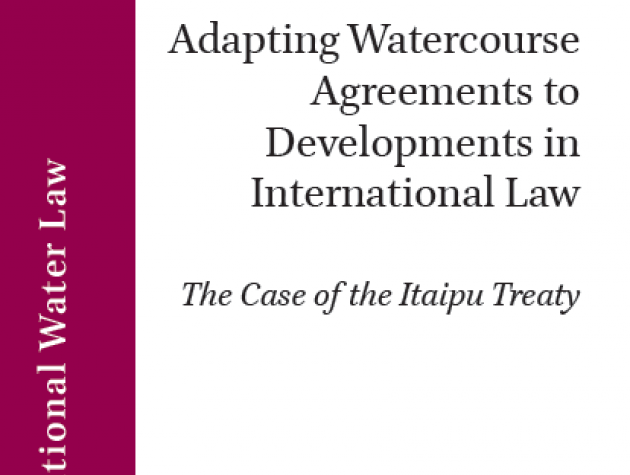The Brexit Negotiations: Hampered by the UK’s Weak Strategy
This paper scrutinises the UK government’s approach to the Brexit negotiations. Brexit negotiations were always going to be incredibly tough given the complexity of issues and a deeply divided country in the wake of the EU referendum but Theresa May’s government compounded these challenges with a poorly executed negotiation strategy both in Brussels and at home. The UK government embarked on negotiations with the EU without a clear set of negotiating objectives; it was unable to represent itself as a unified negotiating team; often found itself on the back foot, responding to EU proposals on both sequencing and content; and it pursued an ill-judged distributive strategy that did not reflect the nature of the underlying negotiating problem or the UK’s relative power position. Across the negotiating table, the UK faced an EU negotiating team that had a clear set of negotiating objectives; maintained unity during the negotiations; and always seemed to be a step ahead, with a carefully thought-through strategy and detailed proposals. The shortcomings in the UK government’s strategy reflected weak political leadership. The Prime Minister focused on securing the short-term political survival of her government amidst turbulent and fractious domestic politics, over negotiations with the EU27.
Access the paper here.






